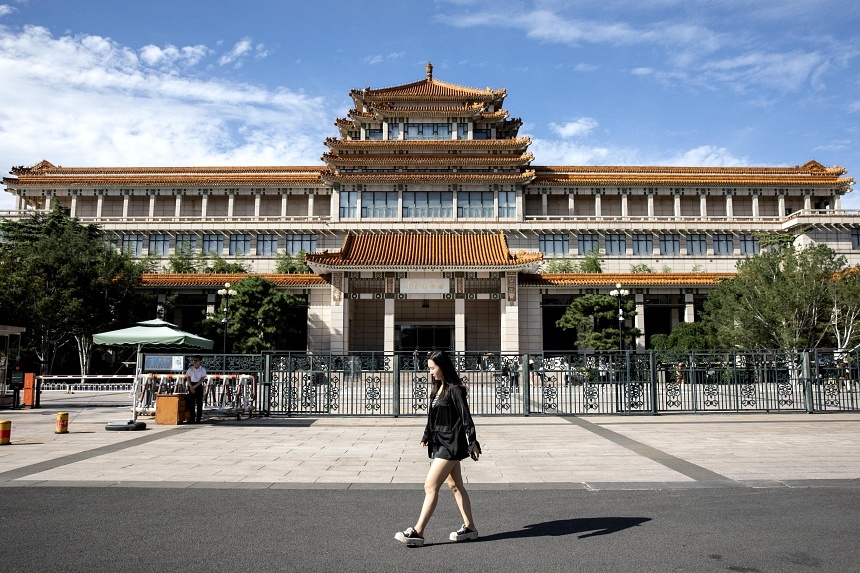WASHINGTON - China outspent the US almost nine-to-one on infrastructure projects around the world over eight years, according to a US government watchdog report that highlighted the challenge Washington faces as it vies for influence against Beijing in poorer countries.
China lent US$679 billion (S$881 billion) under its Belt and Road Initiative from 2013 to 2021 for projects that involved highways, power plants and telecommunications, the Government Accountability Office (GAO) said. The US provided US$76 billion in that same period, it said.
The biggest chunk of the Chinese money – US$104 billion – went to Russia, in a sign of those two countries’ deepening cooperation. The rest funded a railway line in Kenya, hydroelectric power transmission in Angola, and other projects around the world, mostly in low and lower-middle income countries.
The investments could further enhance China’s “diplomatic and strategic leverage over host countries, as well as its soft power and global reputation”, the report said. It cited recipients as saying Belt and Road “served to meet significant infrastructure needs in their countries”.
Representatives of the US Export-Import Bank and International Development Finance Corporation did not immediately respond to requests for comments on the evening of Sept 12.
The report put a dollar figure on what experts and government officials have witnessed for years in Africa and beyond – China’s willingness to lend money quickly and with minimum safeguards, as a way to extend its influence. It said the bulk of the Chinese funding was via government-to-government loans.
A former Kenyan government official was cited in the report as saying his country would have rather received financing from the Americans. But he said financing or assistance from the US was limited, difficult to access and slow to be provided.
The GAO also documented downsides of Belt and Road lending, citing examples of air and water pollution, and cases that infringed on the land rights of some indigenous people. While it said the Chinese loans were usually linked to “positive outcomes”, some projects had failed or been tainted by bribes.
In one example, it cited an unidentified high-ranking official who it said was offered a bribe by a Chinese national in exchange for giving up his support for a case against a Belt and Road project. If he refused, it said, another official would get the bribe and the case would be dropped.
“The official refused the bribe, and noted to us that the legal case was subsequently dropped, and the project was approved,” the report said. BLOOMBERG

